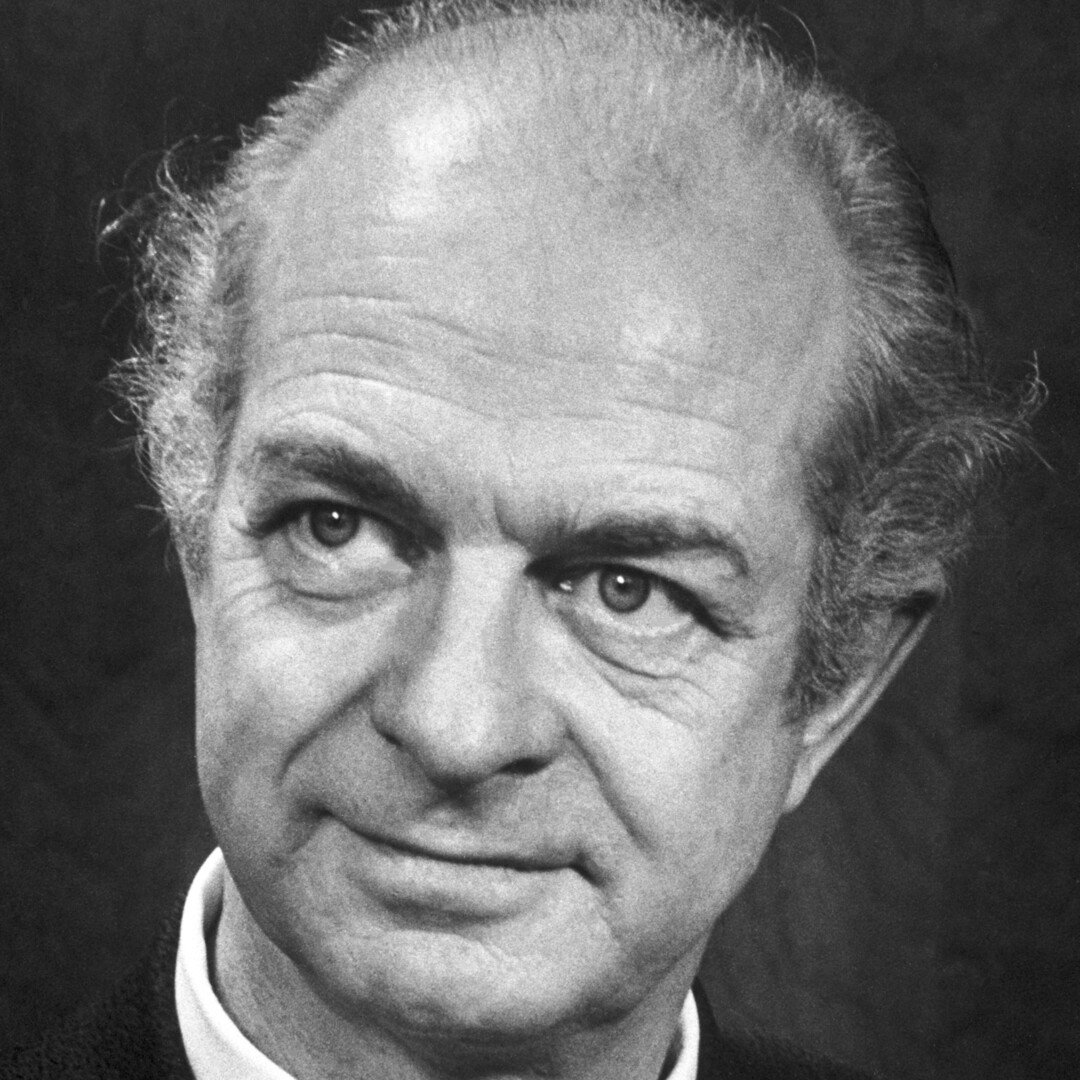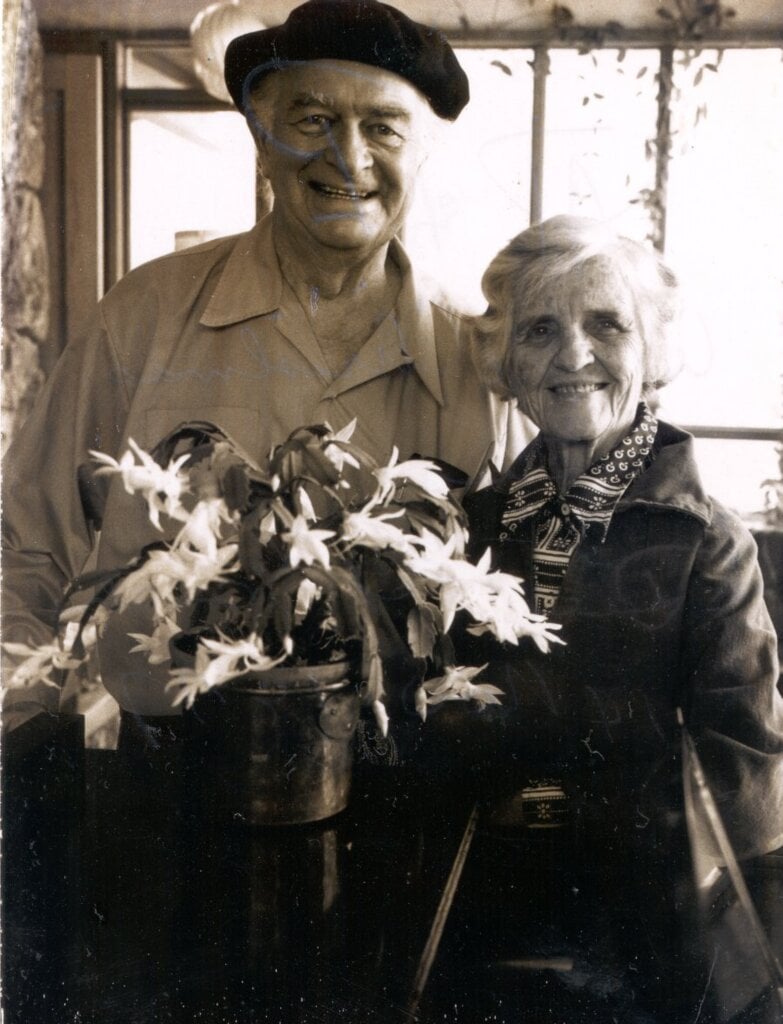Linus Pauling
Speed read
Linus Pauling was awarded the Nobel Peace Prize for his fight against the nuclear arms race between East and West.

Full name: Linus Carl Pauling
Born: 28 February 1901, Portland, OR, USA
Died: 19 August 1994, Big Sur, CA, USA
Date awarded: 10 October 1963
Chemistry scientist and peace activist
Linus Pauling is the only Nobel Peace Prize laureate to have been awarded two individual Nobel Prizes: for chemistry in 1954 and the peace prize in 1962. He received the latter for his campaign against weapons of mass destruction. The use of the atom bomb against Japan marked a turning point for Pauling. Together with other scientists, he sought to end the arms race. He helped to found the Pugwash movement, which received the 1995 Nobel Peace Prize for its efforts to diminish the role of nuclear weapons in the international political arena. In 1959, Pauling wrote the Hiroshima Appeal, the final document of the Fifth World Conference against Atomic and Hydrogen Bombs. He helped to achieve the Partial Nuclear Test Ban Treaty, which was signed by the USA, the Soviet Union and the United Kingdom and came into force on 10 October 1963. That same day, it was announced that Pauling had been awarded the reserved 1962 Nobel Peace Prize.
"I believe that there will never be a great world war – a war in which the terrible weapons involving nuclear fission and nuclear fusion would be used."
Linus Pauling, Nobel Prize lecture, 11 December 1963.
| Atom bomb A bomb that explodes when its nuclei of uranium or plutonium atoms are split, triggering an extremely rapid nuclear chain reaction (fission). Developed in the USA during WWII. The first atom bombs – “Fat Man” and “Little Boy” – were used against Japan in August 1945. |
Victim of McCarthyism
The bombing of Hiroshima and Nagasaki convinced Pauling that nuclear weapons posed a threat to human existence. He joined Einstein’s Emergency Committee of Atomic Scientists, cautioned against use of the hydrogen bomb, and signed petitions protesting the East-West arms race. US authorities suspected Pauling of being a communist sympathiser. They confiscated his passport, but returned it to allow him to travel to Sweden to accept the Nobel Prize for Chemistry. In 1963, the US embassy in Oslo did not issue a statement when Pauling became the first Nobel Prize laureate to be awarded two individual prizes, and no US diplomats attended the award ceremony.
| Hydrogen bomb The bomb explodes when the lighter nuclei of hydrogen or helium atoms join together to form heavier atoms (fusion). An atomic trigger explodes first, creating temperatures so high that fusion is set in motion. First developed in the USA in 1952. Never used in war. |
The 1963 Partial Nuclear Test Ban Treaty
In 1961, Pauling sent two important telegrams – one to US President Kennedy, the other to Soviet Premier Krushchev – encouraging both leaders to continue the halt in nuclear weapons testing. The telegrams were sent in response to the Soviet threat to resume nuclear testing. While visiting the Soviet Academy of Sciences in Moscow, Pauling did not hesitate to criticise the Soviet government’s plans. He also sent a draft of a test ban treaty to Krushchev. The wording is strikingly similar to the final treaty signed by the nuclear powers, which entered into force on 10 October 1963.
"The legendary call of peace champion Bertha von Suttner to ‘Lay down your arms’ has been recast by Pauling as ‘Lay down your nuclear arms!’"
Norwegian newspaper Morgenposten, citing the German Süddeutsche Zeitung, 12 October 1963.
Continued work for peace
The Partial Test Ban Treaty of 1963 made it easier for the Nobel Committee to award the Nobel Peace Prize to Pauling. Although the treaty gave the world hope during the Cold War, the prize provoked criticism. In the US, an editorial in Life magasine was entitled “A strange insult from Norway”. Right-wing newspapers in Norway were also unimpressed, suggesting that Pauling was helping the USSR in its psychological war against the West. But Pauling did not give up. Aged 62 when he was awarded his second Nobel Prize, he worked for another 30 years as a scientist and peace advocate.

Learn more
Linus Pauling, the only person who has won two undivided Nobel Prizes, was born in Portland, Oregon, the son of a pharmacist, Henry H.W. Pauling, and Lucy (Darling) Pauling ...
Disclaimer: Every effort has been made by the publisher to credit organisations and individuals with regard to the supply of photographs. Please notify the publishers regarding corrections.
Nobel Prizes and laureates
Six prizes were awarded for achievements that have conferred the greatest benefit to humankind. The 12 laureates' work and discoveries range from proteins' structures and machine learning to fighting for a world free of nuclear weapons.
See them all presented here.
